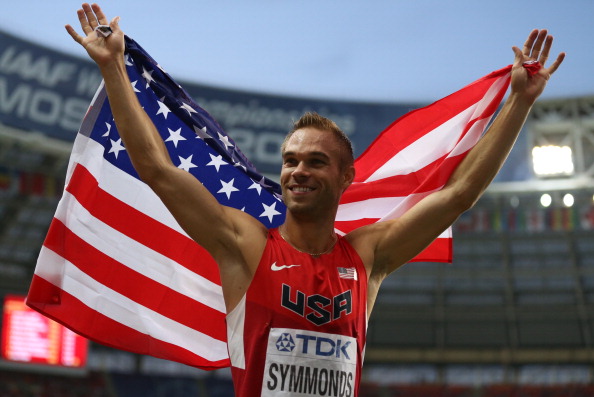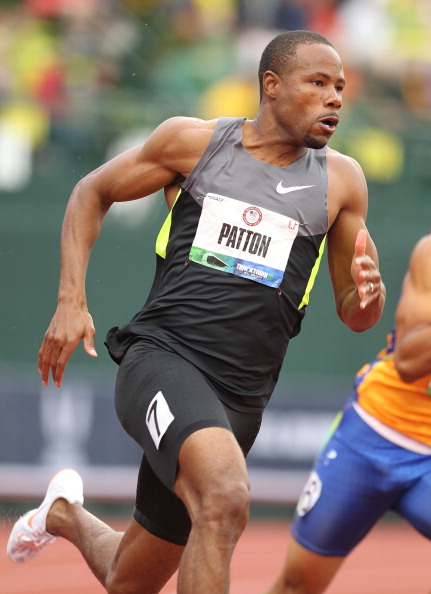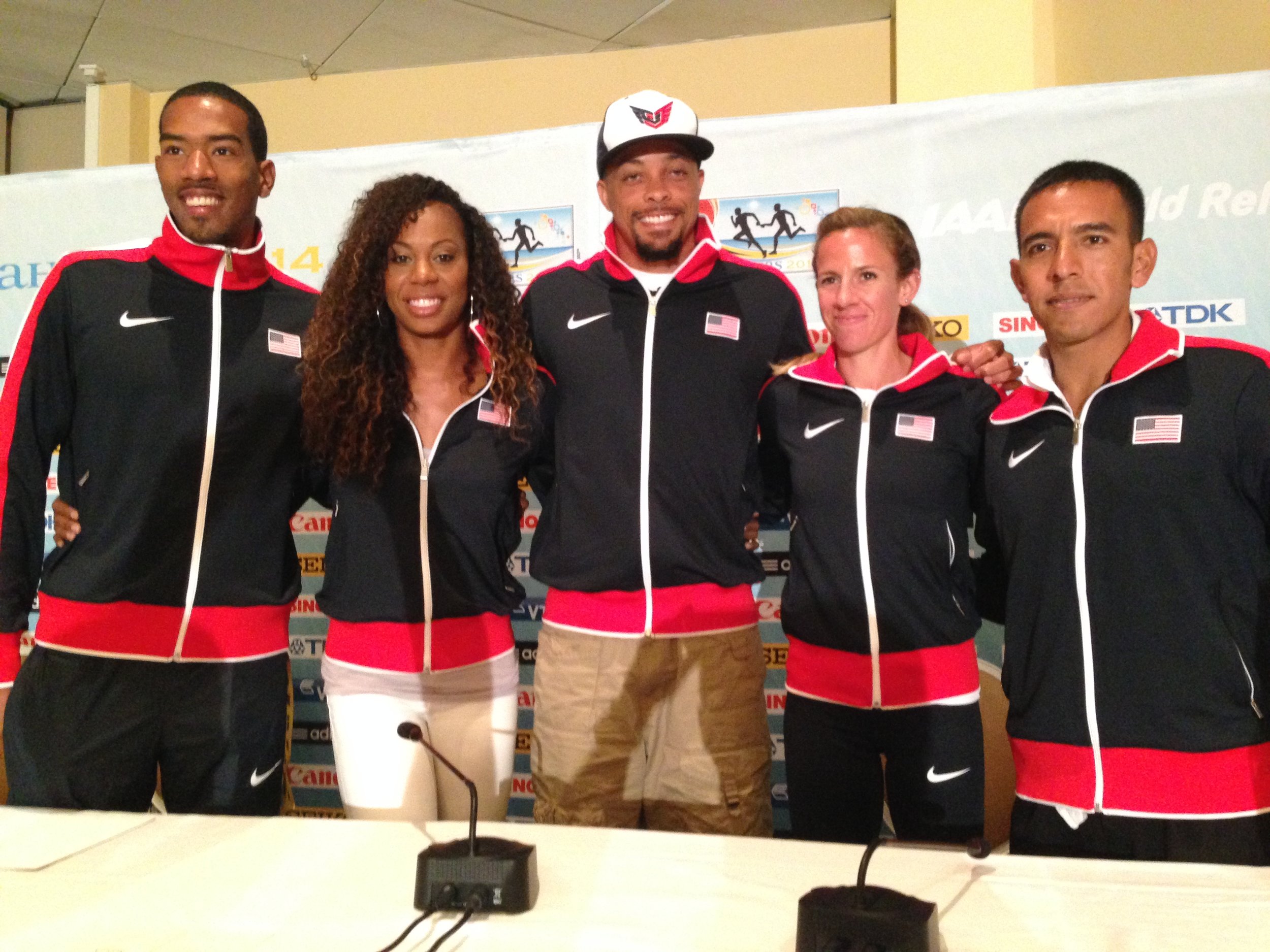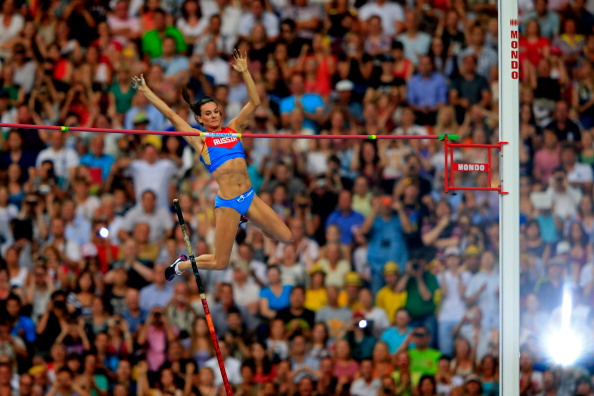Welcome to 2017. My friend of many years, Gianni Merlo, the Italian president of the international sportswriters association, keeps telling me to write shorter. In that spirit, here are 12 three-sentence nuggets (OK, some of them are long sentences):
1. The 2016 and 2012 Olympic decathlete champion Ashton Eaton and his wife, Brianne Theisen-Eaton, the Rio heptathlon bronze medalist, announce their retirement. Great athletes, better people and congrats to them and their world-class coach and first-rate human being himself, Harry Marra. The hug Ashton and Brianne shared after she won the pentathlon at the 2016 IAAF world indoors in Portland, Oregon, is the moment of the year in the sport, if not the entire Olympic scene.
2. Nick Symmonds, the U.S. 800-meter runner, announces he’s going to retire, too, and the likes of my longtime colleague Tim Layden of Sports Illustrated assert Symmonds’ activism will be missd in a sport that “has been ruled by bureaucrats and shoe companies that have successfully suppressed athletes’ earning power and voices,” Tim adding that Nick has been “the most willing to place his career and earnings at risk.” That’s one point of view, along with Tim’s assertion that Nick, sponsored by Brooks, was “excluded” from the 2015 Beijing worlds team amid a dispute over when and where to wear Nike gear. The truth: Nick opted out because he refused to sign and it’s far from clear how far, age 31 that summer, he would have made it in the 800 rounds at the Beijing championships.
3. Symmonds is a relentless self-promoter and provocateur who has failed significantly at the core notion some percentage of those who cover track and field for some bizarre reason seemingly keep wishing (or at least suggesting) he is something of a success at: getting other national-team athletes to go along with his act or significantly and constructively influencing corporate or federation policy. Tim writes, “There is not another Symmonds on the horizon, and that is an enormous loss.” Hmm — maybe if more people thought Nick had a point worth pursuing, there would be lots and lots more Nicks on the way, the 2004 Athens shot put champion Adam Nelson telling the New York Times, “It would have been great if he had found more ways to involve more athletes.”
4. In 2014, when he switched from Nike to Brooks, Nick wrote this in a piece that was published in Runner’s World: “In the past few years I have been very vocal about athletes’ rights, and Brooks’ support of professional runners for the health of competitive running is squarely in line with what I have been advocating.” Fascinating — tell that to Jeremy Taiwo, the U.S. decathlete. In March 2016, Brooks announced it had signed Taiwo to a deal, declaring Taiwo was part of the company’s “Inspire Daily” program, a “group of athletes and coaches around the country who lead by example and inspire the love of running every time they lace up and head out”; after the U.S. Trials in July in Eugene, the company hailed “Brooks Beast Jeremy Taiwo” for his second-place finish, behind Eaton, saying, “Brooks sponsors athletes like Taiwo to inspire runners everywhere, and supporting them on and off the run is central to that goal"; in Rio, Taiwo finished 11th; a few days ago, Brooks acknowledged it had dropped its sponsorship of Taiwo, declaring it was a “running-only company.”
5. Here is the unvarnished truth about the economics of track and field (and by extension the Olympic movement) in the United States, as popular or not as it may be: like life itself, no one is owed anything. The athletes are independent contractors, there is no union, no collective bargaining agreement, no teams, no league. Indeed, track and field is the essence of what most Americans say since kindergarten is what they believe in: self-determination, becoming what you dream you want to be, in short the ability to make money off your own talent, skill and enterprise.
6. Track and field’s world governing body, the IAAF, says the new “Nitro Athletics” meet next month in Australia, featuring “Usain Bolt’s All-Stars” and other teams, is destined to be “the innovation [track and field] needs.” For sure the presentation of track and field needs innovation. Not clear if a Team Tennis-style format is going to be it.
7. The gymnast Simone Biles is fabulous. But how did the swimmer Katie Ledecky not win every U.S. female athlete of the year award for 2016? She won the 800-meter freestyle in Rio by 11 seconds!
8. The European Olympic Committees is due to make a decision soon on whether to keep next month’s Winter European Youth Olympic Festival (that’s the name) in Erzurum, Turkey. The concern, obviously, is the security situation in Turkey, which really makes it not a difficult decision. If you were a parent — under what theory would you permit your kid to go?
9. Ban Ki Moon steps down as UN Secretary General. He and the International Olympic Committee president, Thomas Bach, are close. Is Ban the next president of scandal-wracked South Korea, and just in time for the Pyeongchang 2018 Winter Games?
10. A U.S. intelligence assessment says Russian president Vladimir Putin sought to influence the 2016 U.S. presidential campaign, asserting one of the motives was payback for, among other things, allegations of widespread Russian athlete doping, the report asserting that from a Russian perspective the doping scandal and Panama Papers were seen as “U.S.-directed efforts to defame Russia.” This is the best intelligence the U.S. can produce? Maybe this is why President-elect Trump has been publicly so unimpressed: pretty much everything in that report has been public knowledge for weeks.
11. Thousands of words in that report, yet not even one about President Obama’s politically driven move to very publicly stick it to the Russians on the occasion of the Sochi 2014 Winter Games, nominating to the formal U.S. delegation a number of gay athletes amid the furor over the Russian anti-gay legislation? That is a material omission. Who are the geniuses, exactly, working for these “intelligence” agencies?
12. Here’s what, if you are American, you really ought to be upset about, and it’s not Russia and Putin, because you have to assume hacking is, and has been for years, a fact of life, and it goes both ways. Getting all sanctimonious over a Russian “influence” campaign, meanwhile, willfully ignores the many times the U.S. government has sought to “influence” affairs in other nations. Here’s the dilemma: are the Russians really that much better at cyber stuff than the Americans?

























